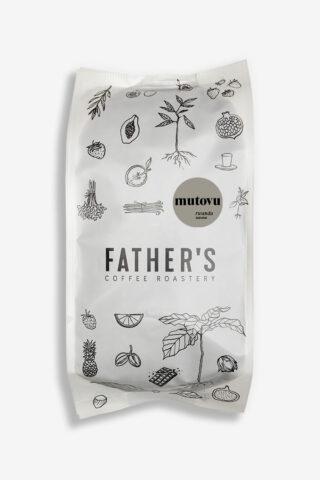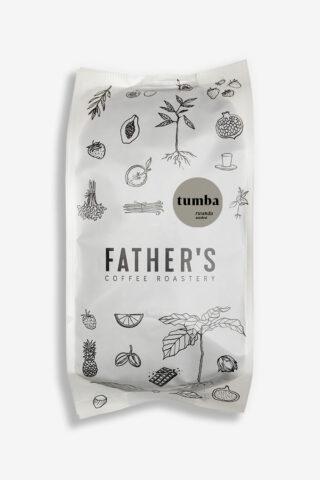PRODUCER
Mustefa Abakeno is a smallholder farmer who owns 18 hectares of land near the town of Agaro in the Jimma Zone of western Ethiopia. His farm is located at an altitude of 2,040 m above sea level and is planted with coffee varieties from the Jimma Research Centre.
Mustefa has a small field laboratory. In 2020, he purchased a high-quality moisture reader to ensure even moisture of the beans before putting them in storage. He is currently training farmers in Good Agricultural Practices (GAP) to improve the quality and productivity of their coffee.
He has only been registered as an exporter since 2018 because he wanted to make sure he could sell his coffee directly to buyers before registering. He was able to do this after changes in regulations this year.
VARIETY
Ethiopia is considered the cradle of coffee and its production is equivalent to nearly 10% of the country’s gross domestic product. It is estimated that thousands of previously undescribed varieties grow in Ethiopia, making the country the region with the largest coffee biodiversity in the world.
Given the historical tradition, the way coffee is grown in Ethiopia and the political situation, it is almost impossible to find single varietal lots (parts of the harvest). Although this has slowly begun to change in recent years, for the time being, the typical designation of coffee varieties from Ethiopia is still Ethiopian heirloom varieties or Ethiopian indigenous varieties. This is also the case with this coffee.
PROCESSING
Mustefa owns a small machine to remove the coffee skin and pulp (called a depulper), which he uses to process washed coffees. Due to the lack of water in the area and limited space, he ferments the coffee for a very short period of time (8 hours). He then moves it to drying beds for 13-16 days. The coffee processed in this way is very similar in result to honey processed coffee.
The processing station, called Beshasha, is used to process his own coffee as well as coffee from nearby farmers, which he keeps separately. In order to process coffee from local farmers, Mustefa needed to increase his processing capacity, so in 2020 he acquired a second washing station called Kabira. All of Mustefa’s growers are neighbours from the surrounding area and each has 4 to 10 hectares of land. Because of the different locations and different microclimates, Beshasha focuses almost exclusively on washed coffee, while Kabira, which has more space for drying beds, is used for natural coffee processing.






















